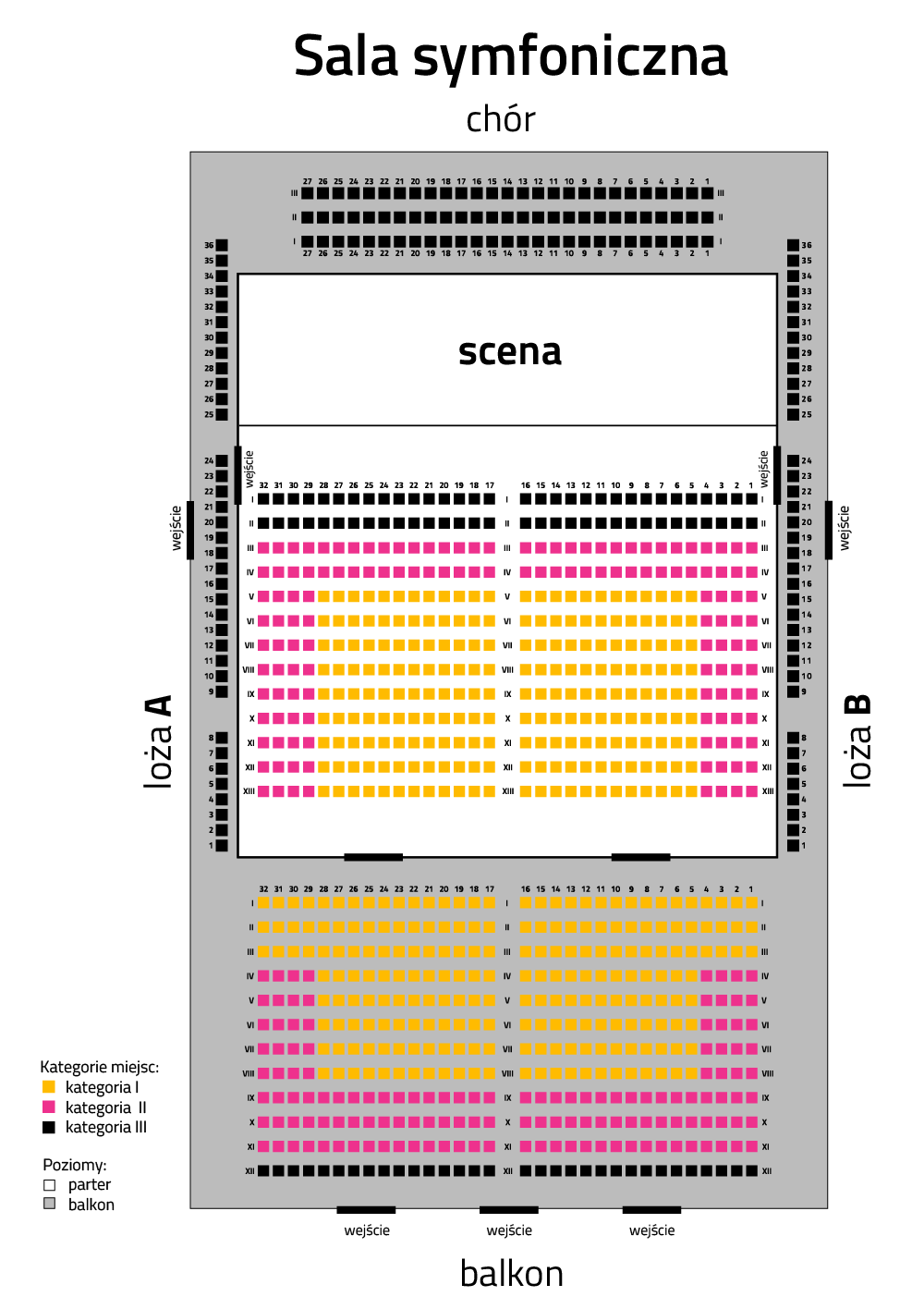Edvard Grieg (1843-1907) is undoubtedly the most significant Norwegian composer in history. Ravel was fascinated by his music, placing him on an equal footing with Debussy. Grieg, along with Sibelius and Nielsen, made Scandinavia appear on the musical map of Europe. We will play his most famous compositions this evening. The phenomenal
Alessio Bax will sit behind the piano, and our Symphony Orchestra will be led by a wonderful Norwegian conductor, well-known to Szczeciners – Maestro
Rune Bergmann, artistic director of the Philharmonic in Szczecin. It will be a very Norwegian Friday.
We will begin the evening with a beautiful Piano Concerto in A minor, Op. 16. This is probably the most famous piece by Grieg and one of the most popular in the concert repertoire. Beloved and admired by both pianists and the audience. The work is the fruit of the composer's fascination with the Piano Concerto by Robert Schumann, written in the same key of A minor that Grieg heard while still studying in Leipzig. But a seasoned ear will also hear the influence of Liszt, to whom Grieg allegedly showed the manuscript of his work and was speechless when Liszt played it flawlessly a vista. The piece has a classic, three-movement structure. It begins with one of the most famous motifs in classical music and ends with a virtuoso show full of references to Norwegian folk dances. In our golden hall, Grieg's piano concerto will be performed by the outstanding Italian pianist
Alessio Bax, winner of the 1st prize at prestigious piano competitions in Leeds and Hamamatsu ...
read more.
The second part of the evening will be filled with
Peer Gynt Suites No. 1 and No. 2. It is a collection of eight miniatures in which Grieg felt best. During his lifetime, his weakness for small forms was often mocked. Still, it was them, apart from the excellent piano concerto, that ensured his musical immortality. Grieg composed both suites as stage music to Henrik Ibsen's drama of the same title. Each of the eight pieces that make up both suites is a characteristic work.
The Morning (Suite No. 1) is particularly popular, in which the seductive melody seems to imitate bird trills. Most music lovers will also recognize
In the Hall of the Mountain King – a piece constituting a musical description of a fairy-tale troll's cave or, finally,
Song of Solveig (Suite No. 2) – one of the undoubtedly most songful and lyrical melodies in romantic literature. It will also end our musical journey to the land of the fjords.


